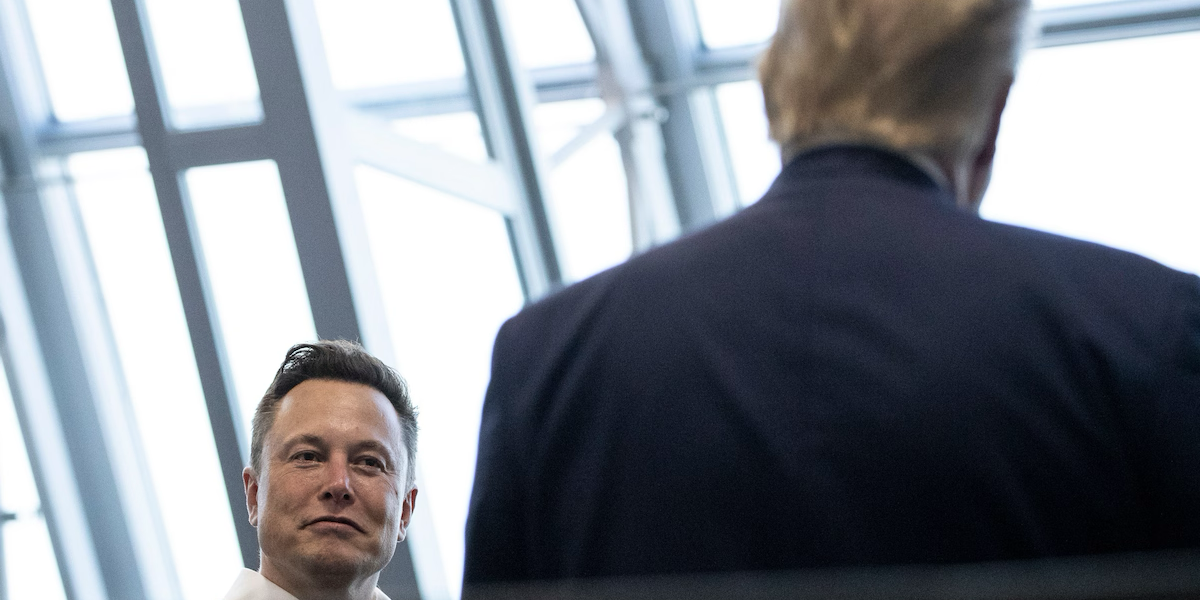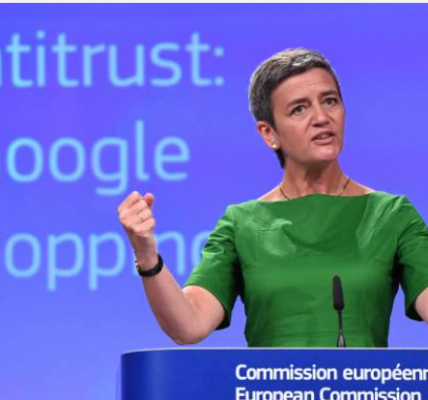With great power comes great responsibility, and with an estimated net worth of over $200 billion, Elon Musk bears a responsibility unlike any other human being on the planet. Musk, the majority owner of Tesla, SpaceX, and now the world’s richest man, purchased the social media platform Twitter (now known as X) in 2022 in an attempt to create what he called “the everything app.” Musk claimed, that in purchasing Twitter, he would establish an app that was wholly focused on promoting ideas of all kinds, while combatting misinformation and internet ‘bots’.
However, in his commentary on the upcoming US presidential election this November, the owner and figurehead of the platform is proving unsuccessful in achieving this goal. Musk has been unequivocal in his support of Republican presidential candidate Donald Trump through both his discourse on X and his financial contributions to Trump’s campaign. Musk is reportedly set to donate $45 million a month to a pro-Trump political action committee the ‘America Pac’, a committee able to raise and directly donate funds to Trump’s presidential campaign. Whilst he has since refuted the reported $45 million figure, Musk has admitted to being behind the creation of the ‘America Pac’, a committee created to support Donald Trump’s political ambitions both this year and beyond. Additionally, Musk has been highly critical of the pending Democratic nominee, Kamala Harris. His criticism has problematically included the careless promotion of a parodical Harris campaign ad in which Harris’ voice has been manipulated using artificial intelligence technology, this coming only weeks after Musk had criticised the legitimacy of traditional media outlets and claimed that “if you want to know the truth, it’s on X”.
This is certainly not the first-time influential corporations and their shareholders have expressed strong political affiliations in American elections. Since the Supreme Court’s ‘Citizens United’ decision in 2010, which prohibited government restrictions on campaign finance expenditure and political affiliations, corporations have played an incredibly dominant, yet equally problematic, role in campaign finance. Whilst corporations should not be punished for publicising political affiliation, as in truth it is often safer for these affiliations to be made transparent to the public eye, the nature of Musk’s partisanship, given the level of ‘cyber influence’ that he and his platform X possess, poses a severe danger to American politics and the legitimacy of its democracy.
However, it is important to note that this threat cannot simply be attributed to Elon Musk and the Republican Party. Musk himself has been unflinching in his, somewhat hypocritical, reprovals of Google and their political affiliation to the Democratic Party. On X, Musk accused Google of removing suggested web pages from the Google search: “assassination attempt”, that were related to the recent assassination attempt on Donald Trump, as a result of their ties to the Democratic Party. Whilst Google have denied making any manual corrections to their search engine, and it is likely that this is the case, Google’s parent company, Alphabet Inc, have been one of the Democratic Party’s largest donors for over a decade, only serving to fuel Musk’s allegations and undermine Google’s plea for innocence.
Any business that invests a large amount of money into a particular cause is heavily incentivised to see that the cause comes to fruition, more often than not using any power and influence that they possess to do so. It is this conflict of interest that is at the heart of the flaws that plague American campaign finance. The current structure ultimately incentivises tech giants like X, whose owners have made a distinct financial commitment to a particular political party, to dictate both the promotion and the suppression of certain political ideologies on their platforms, and subsequently threaten the civil rights of the electorate.
One might argue, and with good reason, that this danger has been posed by newspapers and the print media for decades. Media moguls like Rupert Murdoch have long used print media to affect elections across the globe through the promotion of certain political ideologies and the undermining of others. However, the key difference between traditional media conglomerates and corporations such as X and Google lies in their uniquity. The electorate are given a multitude of major newspapers/websites from which to choose, yet there is not a social media platform that comes anywhere close to X’s concise and engaging communication format (as proven by the largely unsuccessful launch of Instagram Threads), nor is there a web browser with the technical infrastructure and browsing speed to rival Google. Subsequently, it is crucial that these tech giants do not use this monopolistic power to politically influence users who are provided with little-to-no alternatives in these respective fields. Media conglomerates ultimately exist and self-identify themselves within a market that encompasses a wide range of political ideologies, but social media platforms and search engines are not similarly political entities and thus must not be associated with a particular political ideology. Whilst people may use them as a forum in which they discuss politics and promote and criticise certain political ideologies, these discussions must not be guided by corporation-owners who have a financial interest in a particular political persuasion.
Ultimately, the real political implications of X’s partisanship (and that of other influential tech companies) remain largely unknown, and will do so until the election results come through in November. But what is clear is that greater regulations on the political affiliations and contributions of influential tech companies are necessary in order to protect American democracy. Really, these regulations ought to stretch beyond just tech companies, but that matter is for another article. Essentially, it is again America’s campaign structure that lies at the core of the problem. Whilst the Supreme Court’s Citizens United verdict was supposedly intended to establish a format that would protect the rights and liberties of individuals and corporations, indicatively, it is having an opposite effect. Campaign finance laws need to reflect the reality that in an increasingly digital age, tech corporations wield significant influence over multiple hours of an individual’s day. Whether people are scrolling through social media platforms or reaching for search engines in times of need, the content that they are consuming ought to be left untarnished by political narratives through a set of protective government regulations.
It is almost certain that any legal restrictions impacting corporations’ and corporation owners’ ability to donate money to political parties will be criticised, likely by Musk himself, for damaging liberty and freedom of expression. However, as is the case with many issues that threaten American politics, it is of the utmost importance that businesses understand that some level of government oversight is essential to a functioning democracy. This oversight is not about restricting for the sake of restricting, or about tyrannical interdiction, but instead about protecting the electorate from undemocratic corporate interference as a direct result of financially motivated conflicts of interest.






